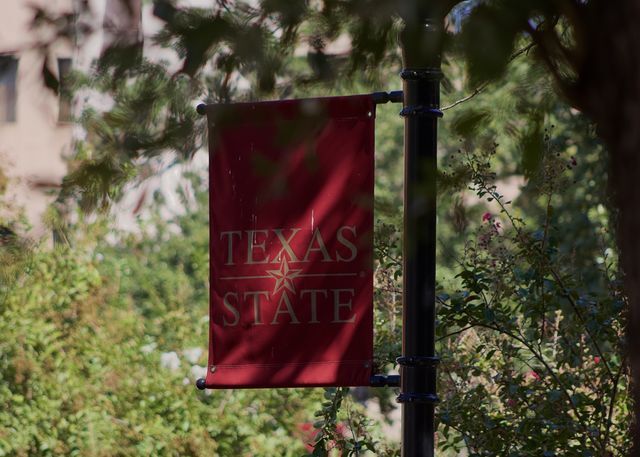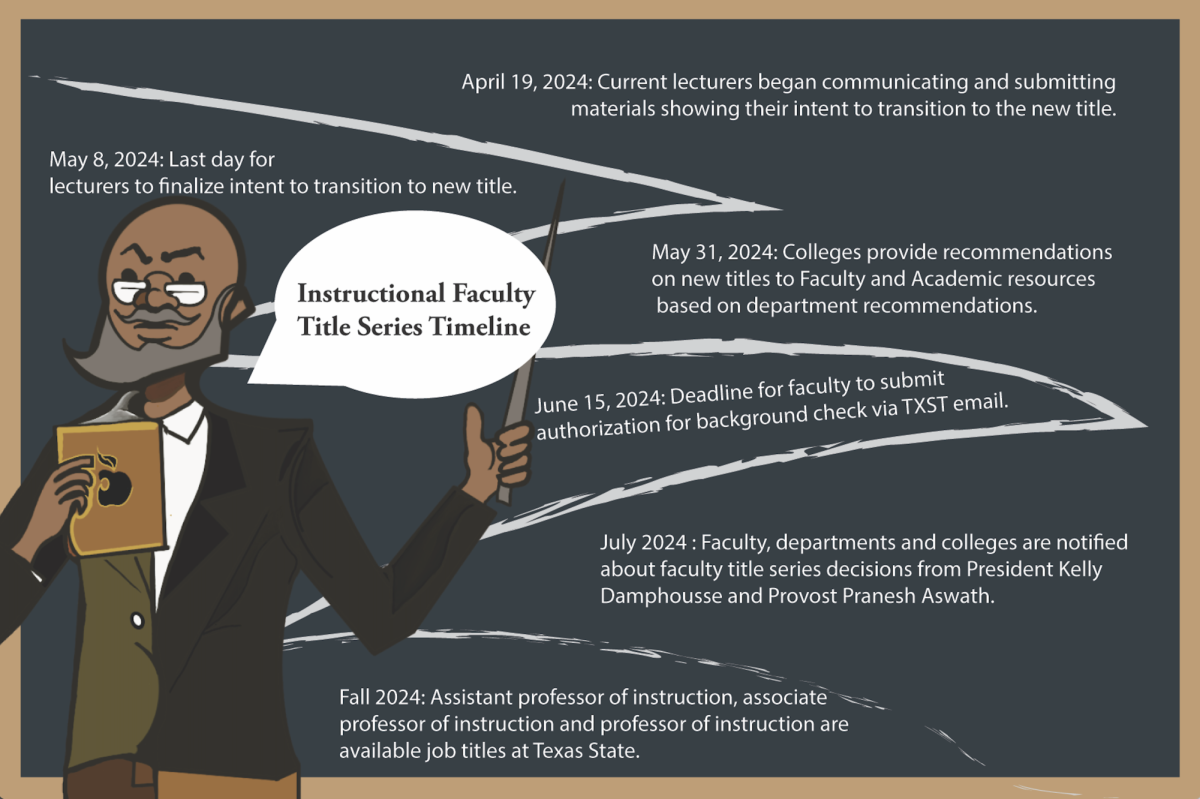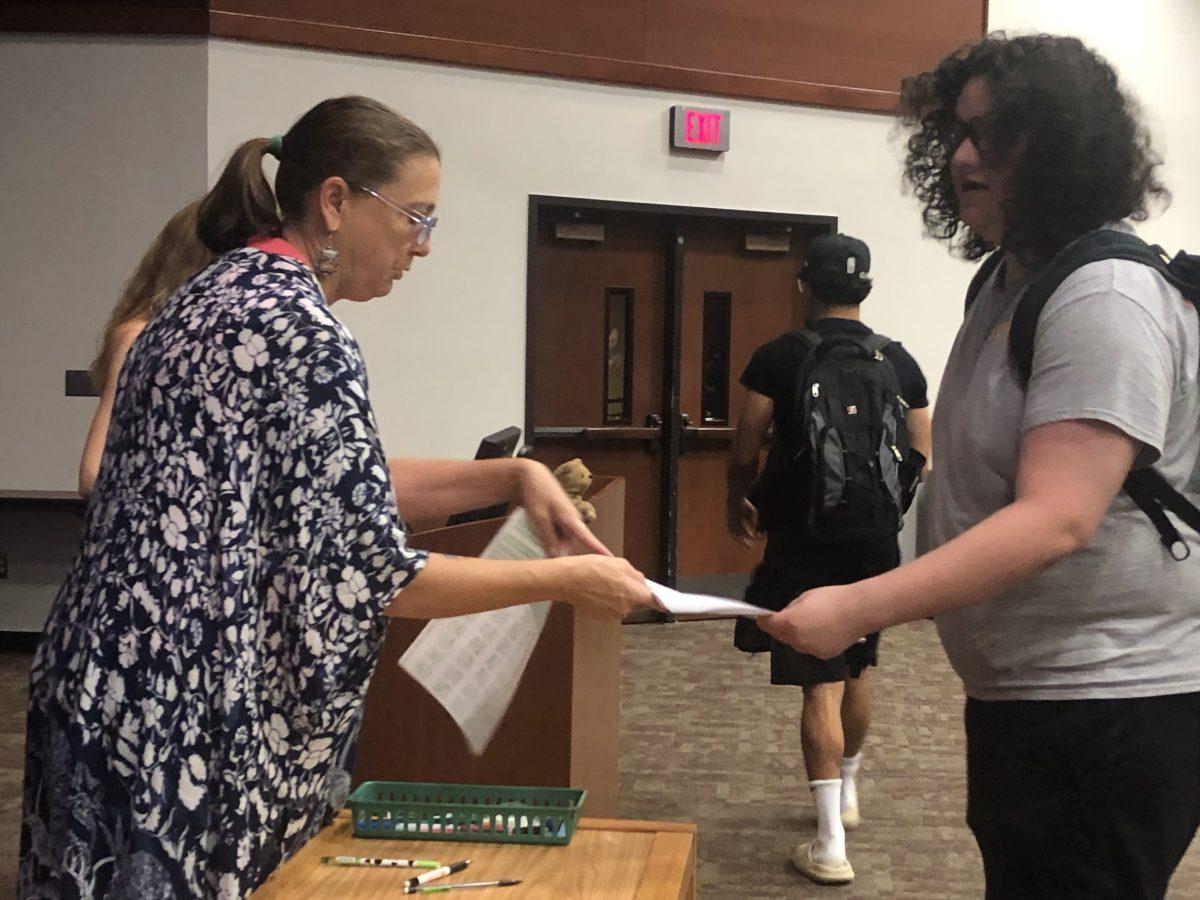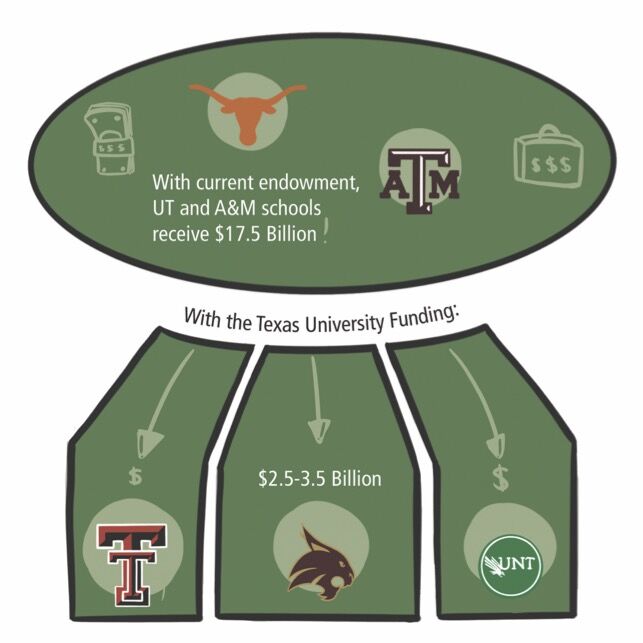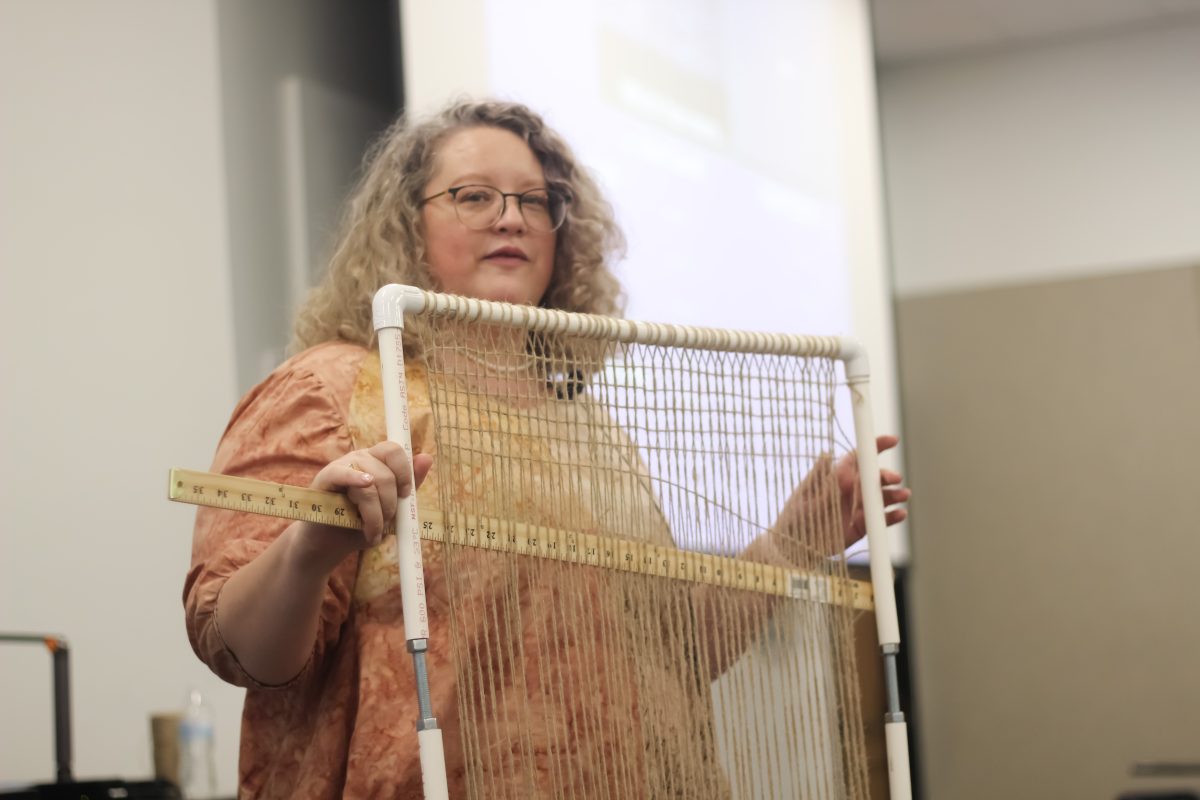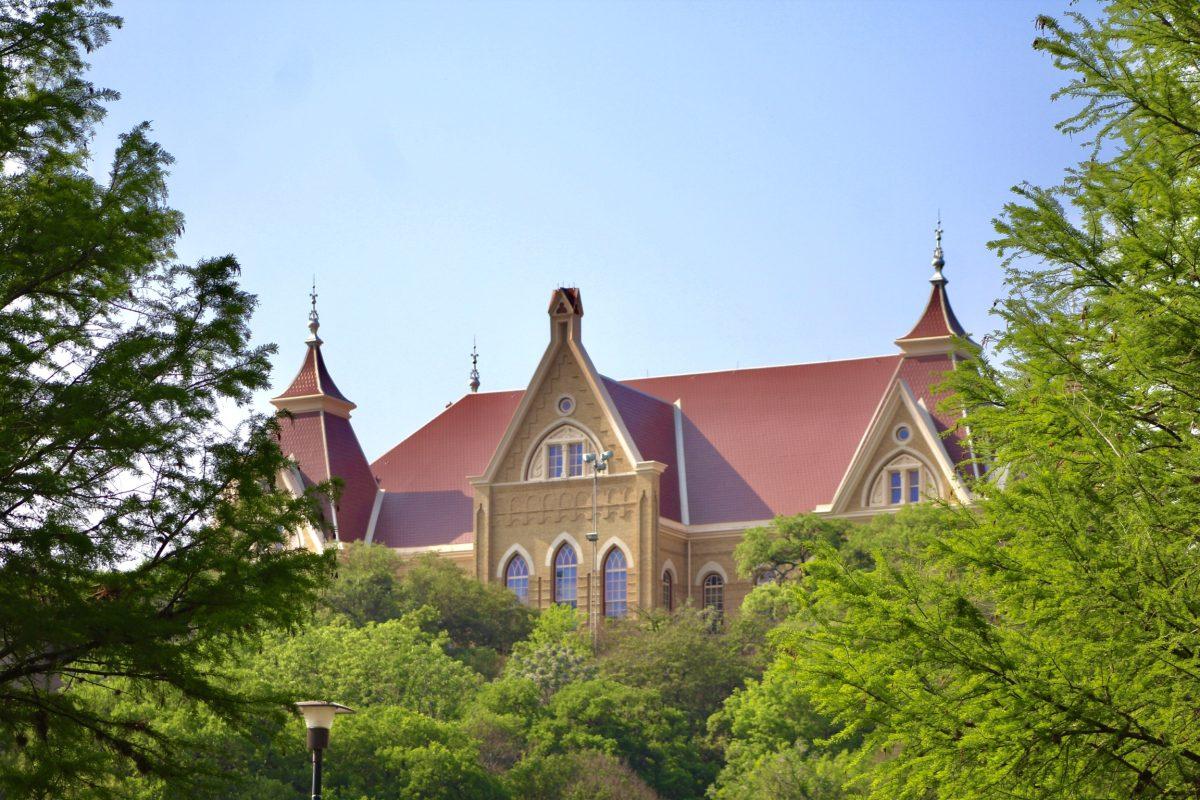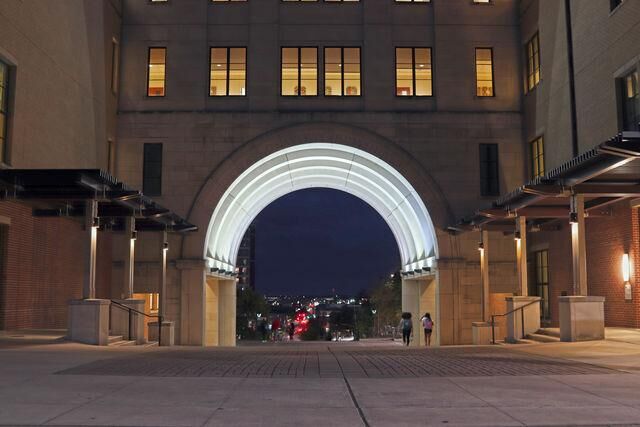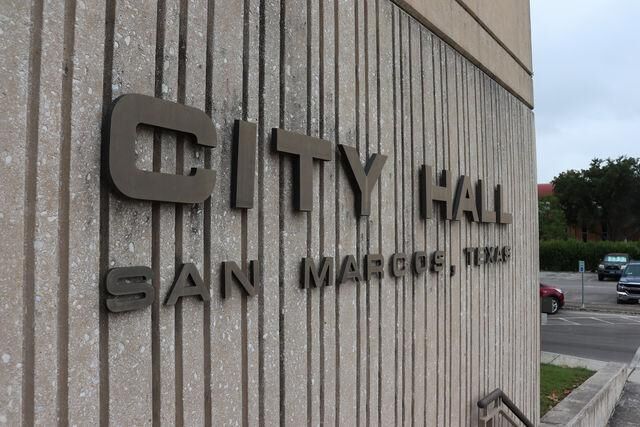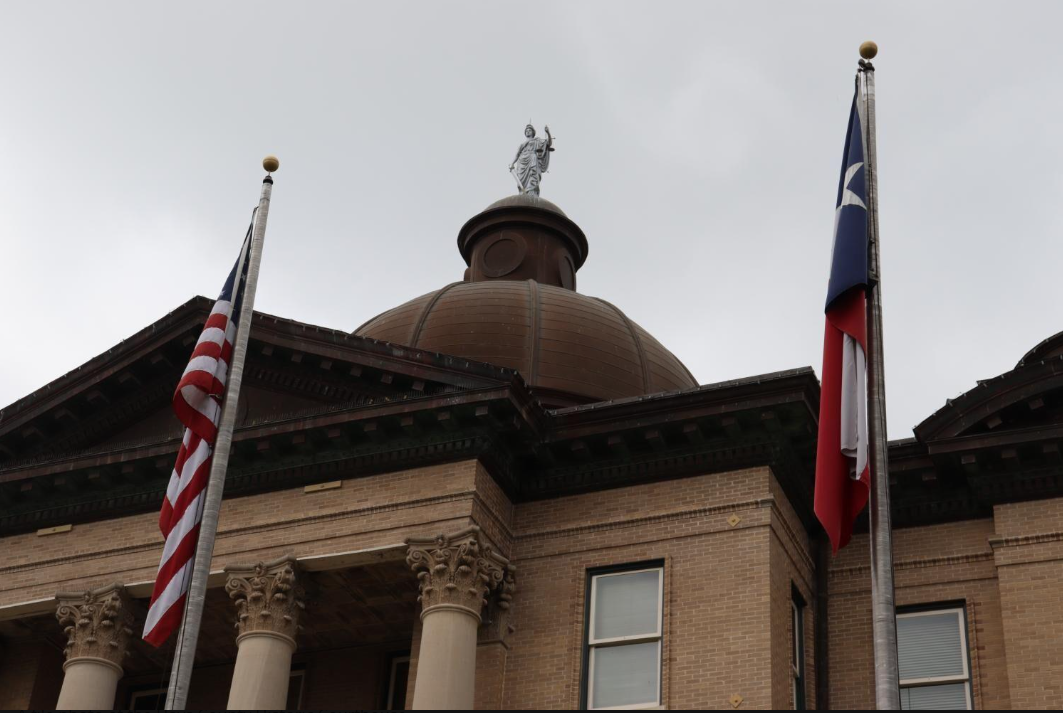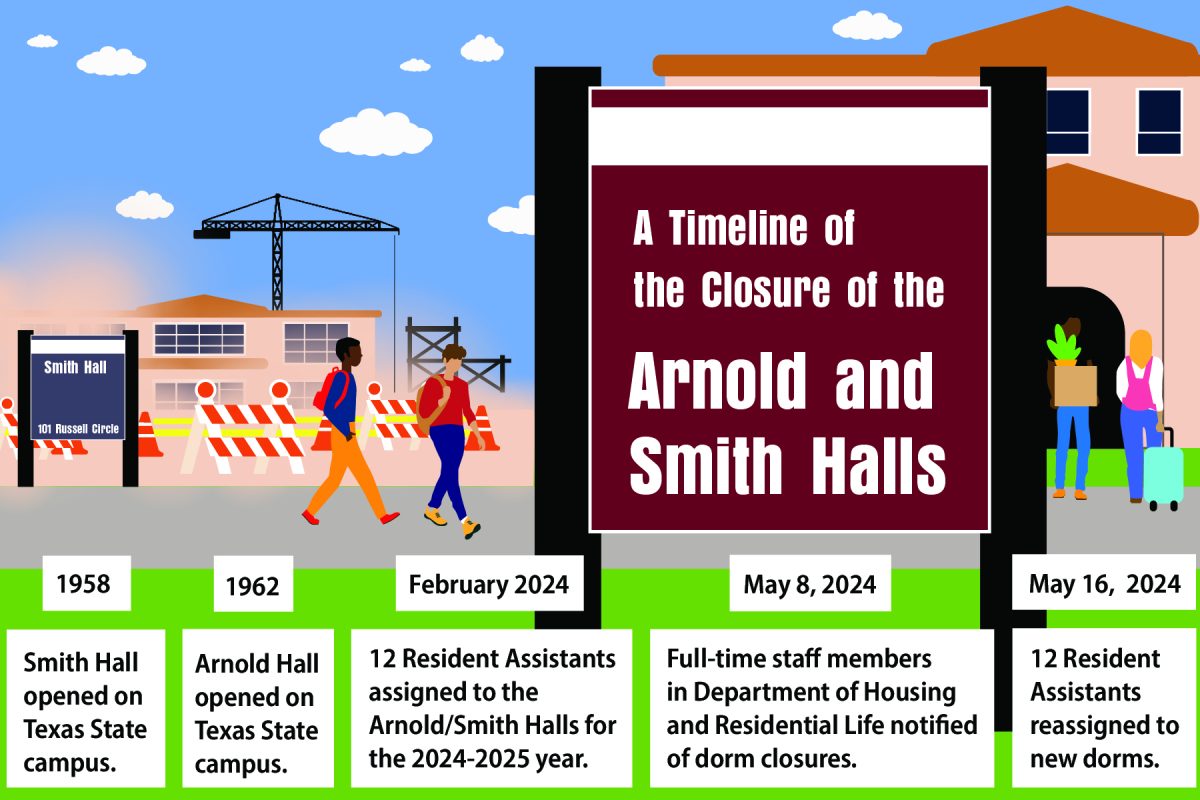Texas State’s Faculty Senate challenged the possible cancellation of spring break for the spring 2021 semester and the logistics of in-person December commencement ceremonies during its Oct. 7 meeting.
Faculty Senate hosted President Denise Trauth and Provost and Vice President for Academic Affairs Gene Bourgeois to discuss the break-related changes, as well as the summer 2021 budget and the COVID-19 testing kiosk on campus.
Bourgeois sought the Faculty Senate’s opinion over a possible cancellation of spring break 2021 to reduce COVID-19 transmission due to increased student travel, suggesting alternatives to the normally week-long break.
“If we did cancel spring break, it would mean faculty holding classes during that week, [it] would mean probably having to build in some odd reading days,” Bourgeois said. “Two or three of those spread out over the entire semester, that would be my recommendation if we went down that path.”
Trauth cited the University of Kentucky removing spring break from their spring 2021 calendar to lessen student travel as a catalyst for the conversation at Texas State.
“Whenever [a decision] like [canceling spring break] gets out there, you have to think about it, you have to consider it,” Trauth said.
Bourgeois said the already set schedule for the fall 2020 semester was the reason for possibly changing spring break and not the upcoming Thanksgiving break.
“The real reason for not doing anything with Thanksgiving is because that was part of the scenario planning that we had already made into our scheduled classes for the fall,” Bourgeois said. “We really can’t change the start and finish times of the semester that readily. It leads into when we start the summer terms. It leads into them when we trigger the beginning of the Fall 2021 semester.”
According to Bourgeois, the school calendars are planned a few years in advance, leaving cancelling spring break as one of the few reasonable options to minimize student travel, despite saying that students travel during the weekends regardless. Additionally, he predicts a decline of students travelling home during Thanksgiving break, saying he believes there will be fewer family celebrations.
Senate Chair Janet Bezner voiced frustration at the lack of respite for faculty and staff while transitioning to the fall 2020 semester and stressed the need for time off to compensate should spring break be canceled.
“We gave up spring break this year; we all worked,” Bezner said. “Gave up our May break. We all worked. We gave up our summers. We’re tired. We haven’t had a break. We don’t get vacation. You can’t just take off. So this is coming at a really bad time, because we are tired, cranky [and] overworked. We feel put on. I could go on and on.”
Bourgeois dismissed the idea of switching to an all-online format Thanksgiving, claiming many classes are almost completely online anyway, as well as citing the need to stick to the modality of classes once they are coded into a schedule.
“People have already paid for things,” Bourgeois said. “There are many faculty and [classes of students] who have reached agreements already. I’m not prying into those at all. ”
Trauth and Bourgeois listened to ideas and concerns from Faculty Senate over possible in-person December commencement ceremonies. Trauth said the baseline requirements for potential ceremonies would be a socially distanced and controlled event operating at limited capacity.
“One of the assumptions was that there would be electronic tickets for spectators, and each graduate would be allowed to have two, maybe three guests,” Trauth said. “They would get an electronic ticket, it would be for an assigned seat, and it would be controlled in that respect.”
Senate member Michael Supancic, a member of the Academic Affairs/Commencement Team, commented on the dangers of hosting any type of in-person commencement regardless of the precautions taken in the venue.
“No matter what we do and what we plan for, there’s still a degree in dimension of risk [for all involved],” Supancic said. “There’s still going to be a large contingency of people clustering at the ticket booths, or clustering outside waiting to enter the stadium that we’re just not going to be able to control… I think we’re looking at a very different expectation, if we’re requesting or mandating that every participant who attends commencement wears a mask. That same requirement does not occur at football games.”
Bourgeois explained to the senate the logistics of the future cut to the summer 2021 budget, a 15.6% permanent reduction.
“So for summer 2021 we will allocate a lump sum amount to the colleges, and the colleges, through the deans, will determine what the percentage [cut to a portion] is going to be.”
Whether or not faculty pay for summer 2021 would be affected is up to colleges, Bourgeois added.
“Summer salary and compensation may be changed in order to basically stay within your budgets,” Bourgeois said. “The colleges are going to have to have conversations about those assignments and the compensation for those assignments.”
Senate Member Gwynne Ellen Ash challenged the budget cuts, claiming pay cuts should start with the biggest earners.
“We’ve already had to let go of quite a few faculty, so we may say we haven’t had pay cuts, but their pay was cut to zero,” Ash said. “Now we’re talking about cutting other people’s salary, but again, we’re starting at the bottom of the ladder. Whereas at some universities what happened was the people at the top of the ladder made a demonstration of commitment to the community by taking cuts to their [salaries].”
Trauth provided an update over the newly installed Curative COVID-19 testing center on campus. According to Trauth the kiosk performed 1,754 PCR tests, with 18 coming back positive for a positivity rate of 1.8%. Bourgeois added the results will be added to the Texas State COVID-19 dashboard in the near future.
The Curative kiosk may stay on campus until the end of the semester, according to Trauth.
Faculty Senate challenges plans to cancel spring break, cut summer 2021 budget
October 8, 2020
Donate to The University Star
Your donation will support the student journalists of Texas State University. Your contribution will allow us to purchase equipment and cover our annual website hosting costs.











